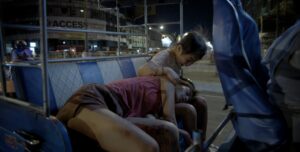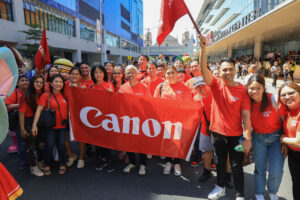
Recently, Google has collaborated with the University of the Philippines Western Visayas to launch Iloilo’s rich collection of heritage structures on Google Cultural Institute, an online platform that helps to make the world’s culture accessible and available to anyone. The collection shows off Iloilo’s rich cultural backdrop, dating back from the pre-colonial period up to the 20th century.
“This collection is set to make Iloilo join the growing list of historic cities featured on the Cultural Institute. It highlights the significance and importance of preserving culture, history and heritage among the Filipinos,” said Joyce Christine Colon, University Research Associate II of UP Visayas.
The exhibits describe Iloilo’s transformation into one of the leading provinces in the country. With the Cultural Institute, viewers can zoom in to appreciate the unique details and diverse influences on the architecture of religious landmarks such as the Miagao Church, a UNESCO World Heritage site, the Jaro Cathedral, and the Molo Church. The Cultural Institute also makes it possible to view structures such as the Miagao Church over time, by enabling users to place old and new photographs side by side.
Iloilo’s prosperity resulting from the textile and sugar export trades can be seen in its grandiose ancestral homes, and in the construction of a number of public buildings also featured on the Cultural Institute. Prime examples include Iloilo’s first City Hall and the Baluarte Elementary School, the first public school in the Philippines established in 1905.
The history of Iloilo’s City Hall, which was later donated to the University of the Philippines and declared a National Historical Landmark, can also be traced in a special exhibit. Old photographs and documents tell the story behind its transition from city hall, to a garrison during World War II, to a university.
Another exhibit on the River Esplanade also puts the spotlight on the importance of Iloilo River in history and the government’s bid to protect it and promote environmental consciousness among Ilonggos.
“The Philippines has such a rich culture to be proud of. Every city and every province has something to show off and the Cultural Institute aims to make all these available to everyone in a format most accessible to them —- digital. This is our effort to educate and inspire future generations,” said Dennis Dizon, Google Cultural Institute Program Manager.






